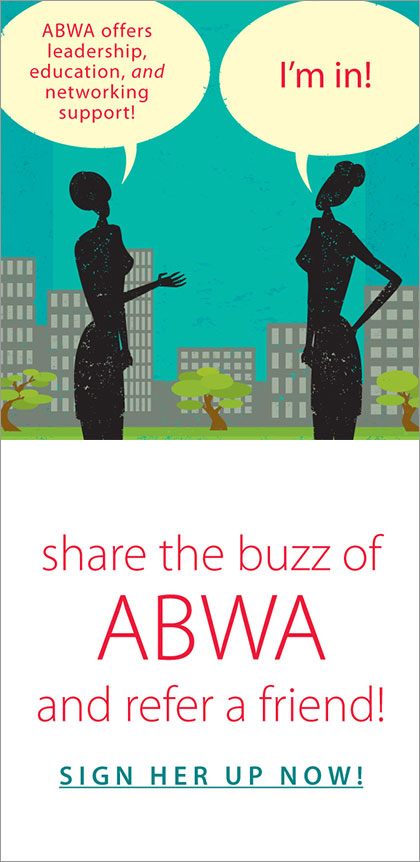As Valentine’s Day approaches, love is in the air. But, if you are in a relationship with a co-worker or thinking about starting one, there’s plenty that you can do to avoid embarrassment, hurt or disruption for yourself and your colleagues. What should you know? Angela Civitella is a former executive, certified business leadership coach and founder of Intinde.
She Says There Are Six Things To Consider:
- Check your organization’s HR policy: Many organizations have their own policies on workplace relationships. For example, some companies frown upon one partner managing the other. It’s not that your boss doesn’t want you to be happy, there are larger considerations such as breaches of compliance, conflicts of interest, or inappropriate collusion. The safest option is to ask your HR department if it has a policy in place, and to let your HR Advisor know if you are in a workplace relationship.
- Consider your company’s culture: Even if it’s not written into HR policy, you need to get a feel for your organization’s cultural view on workplace relationships. This is especially important if you are working abroad, or in an organization with a different culture from your own.
- Agree to an approach with your partner: Chances are, your colleagues and co-workers already know that you “have a crush” on the redhead in the sales team or the “hunk” in communications, and they may already suspect that it has blossomed into a relationship. You have to decide with your partner how you’ll behave at work. Do you “come clean” and let your colleagues know what’s going on? Or, do you join the third of workplace couples who decide to keep their relationship a secret? Discuss whether to set some boundaries at work, such as not spending too much time alone together, or agreeing not to use your “pet names” for one another
- Stay professional at work: Your colleagues might approve of your office romance and think you’re the best-matched couple since Romeo and Juliet, but you still need to tread carefully. Indulging in in-jokes, private conversations, and public displays of affection can make your co-workers feel awkward. And if you and your partner are eating lunch together in the staff restaurant, other colleagues may not know whether you want privacy or would welcome the extra company. Why not invite a few more people along? Even if they decline your invitation, you have made the offer. If you discuss business matters together – or, worse still, make business decisions – while your co-workers are absent, it will likely cause resentment. If you’re managing your partner, you need to be especially mindful of your professional interactions, and be seen to be extra careful to treat your other team members equally and fairly.
- Be prepared for gossip! Human beings are social animals, and we connect with one another by sharing stories and experiences. And the more exciting or shocking those stories, the more engaging they become. So, even if you rigorously follow the rules and are careful with your actions, some people may be quick to make assumptions and to see favoritism or nepotism that’s just not there. It’s a kind of fake news.
- Plan for the worst: What if the relationship ends? You have to remain professional if your workplace relationship comes to an end, no matter what the reason. This can be a difficult time for you, your ex-partner, and your colleagues, especially if you still have to work closely together. An acrimonious split can poison the atmosphere in the workplace, and impact productivity and morale. If you manage your ex-partner, make sure that you don’t discriminate against them, or you and your organization risk being the subject of a grievance procedure. Don’t get involved in “muck-raking” or “washing your dirty linen in public,” even if your former partner does.
Written By: Angela Civitella, a former executive, certified business leadership coach and founder of Intinde.




